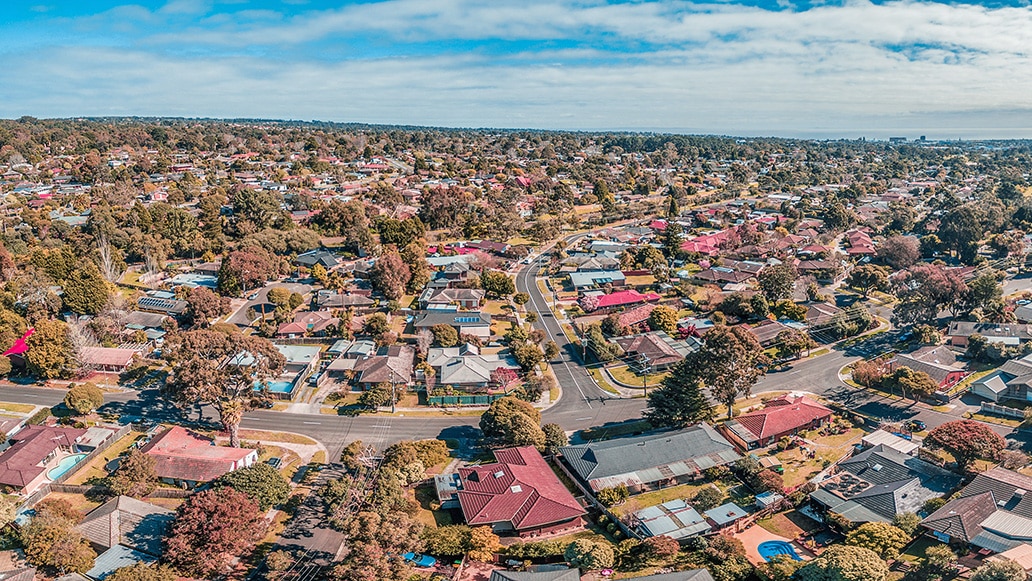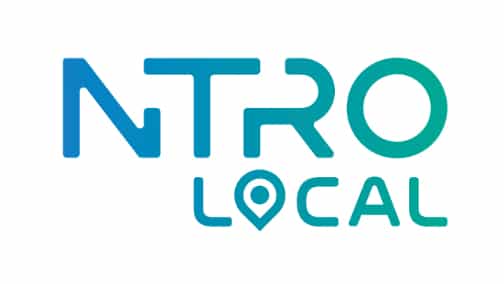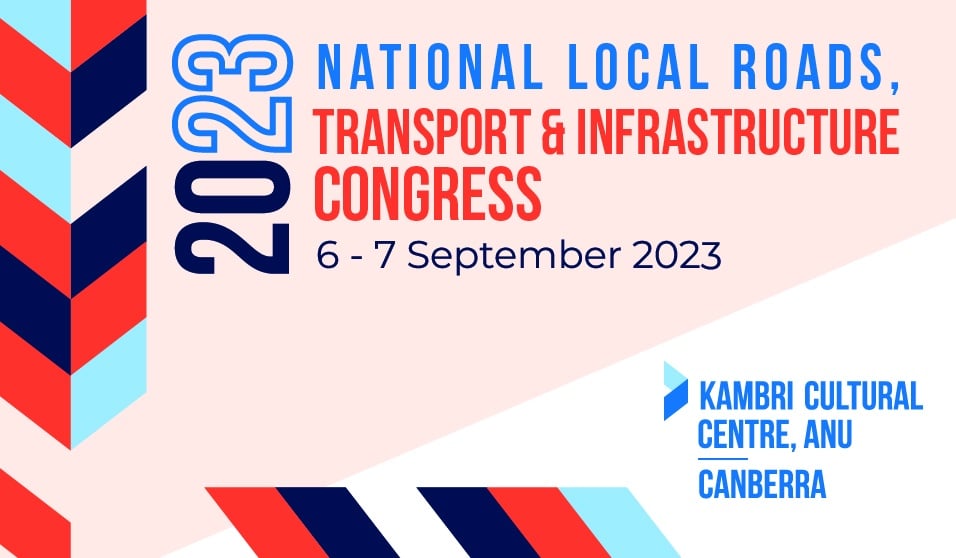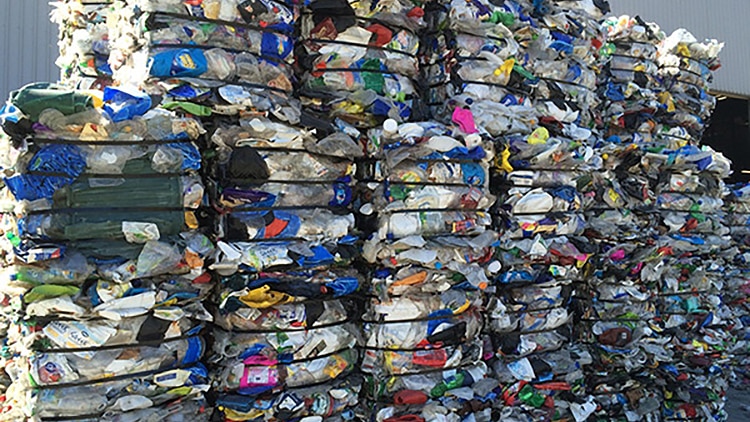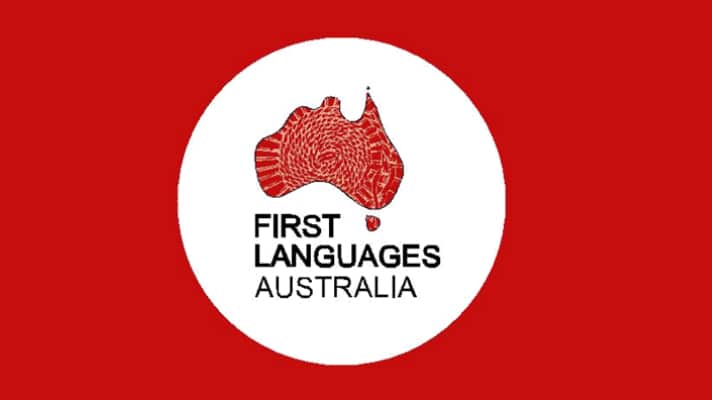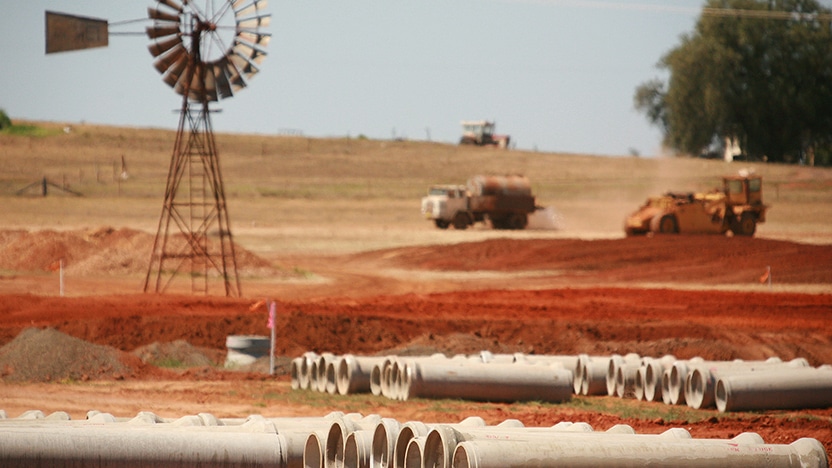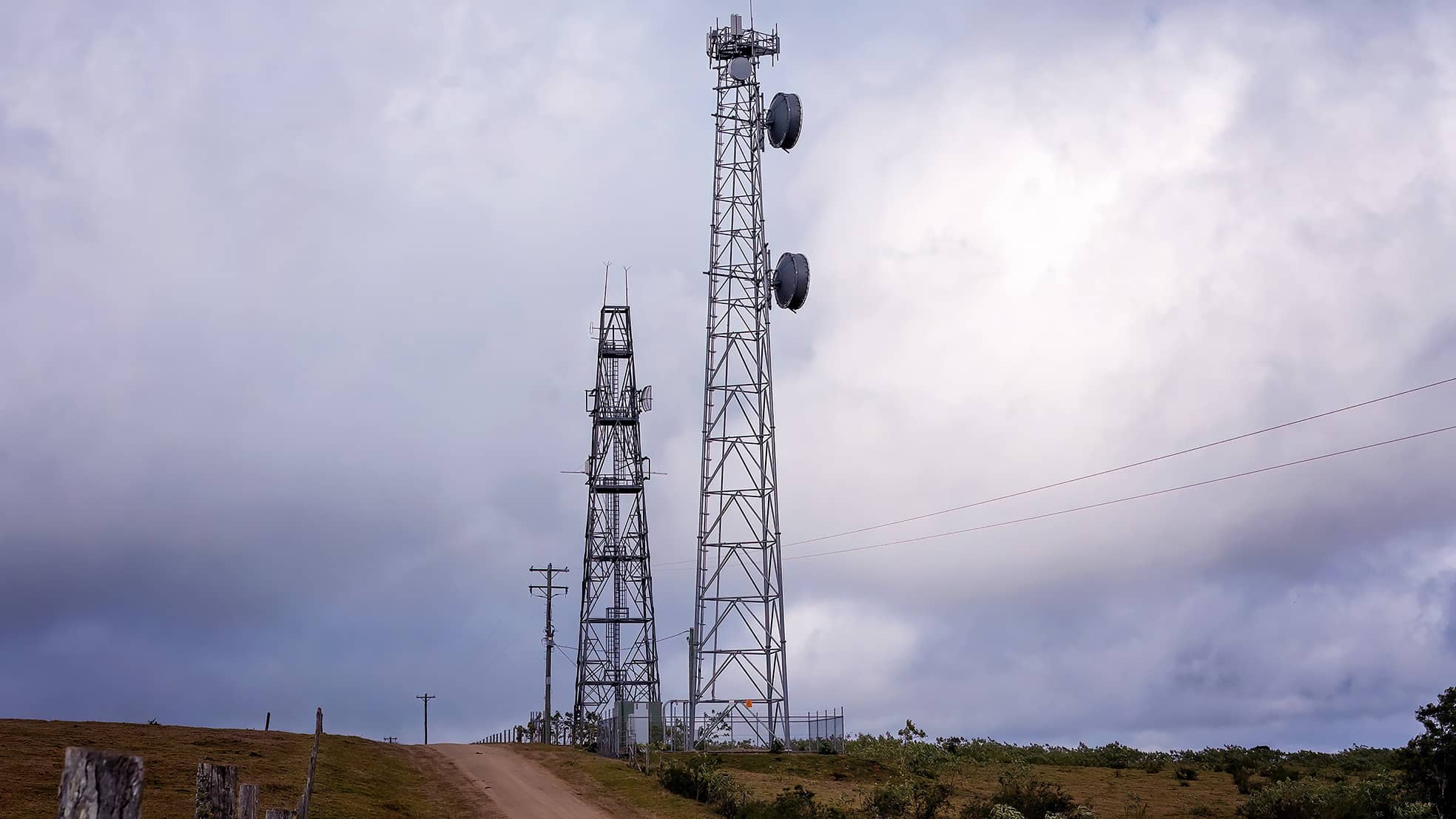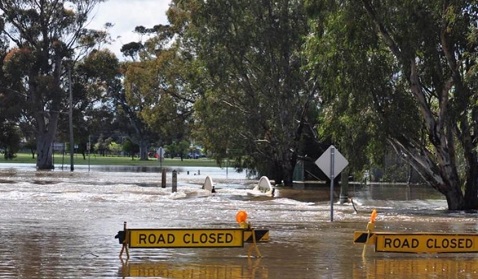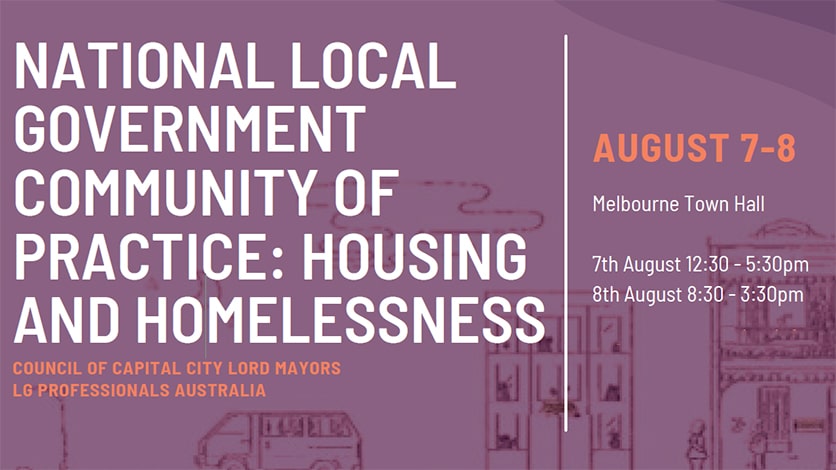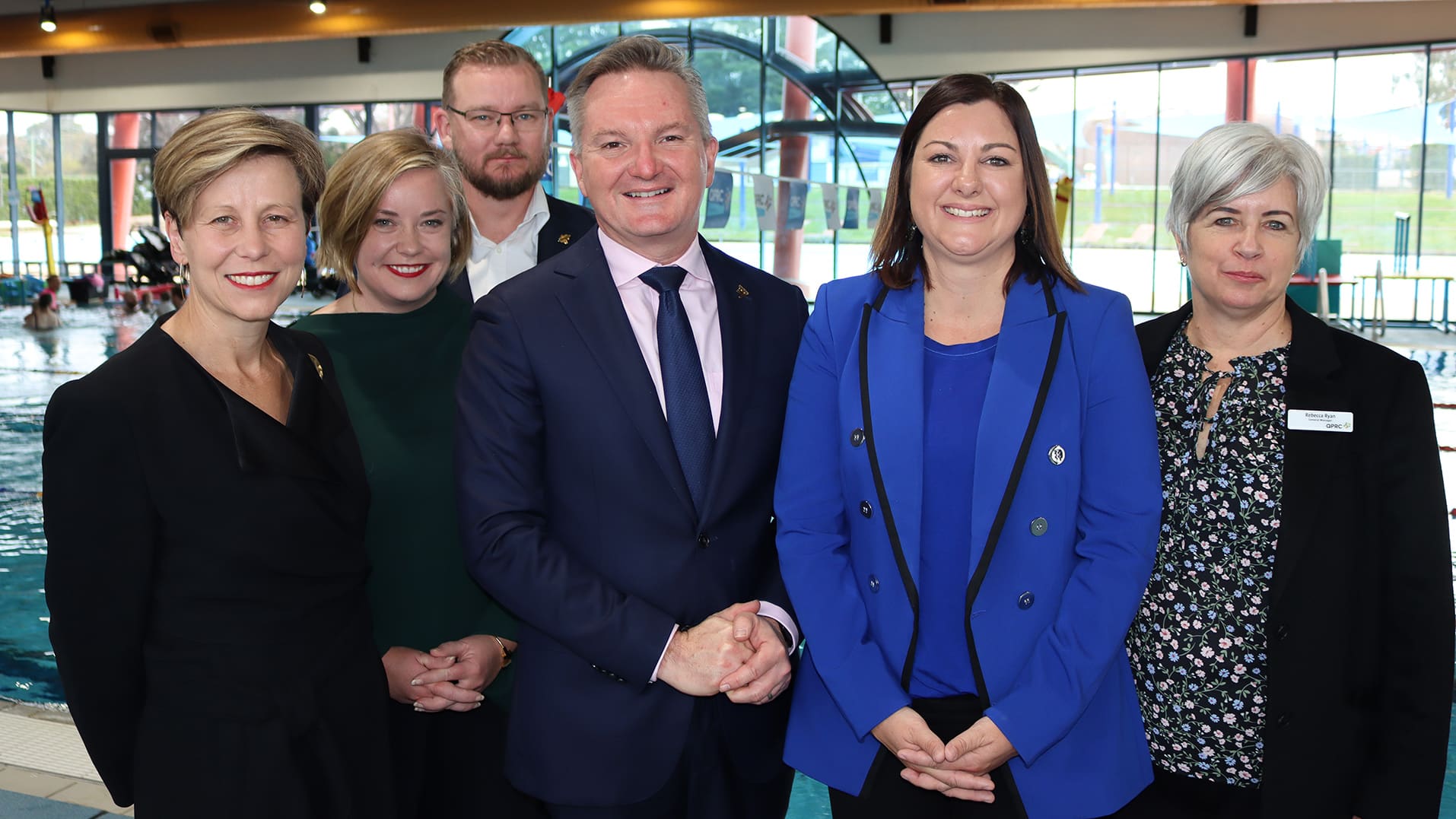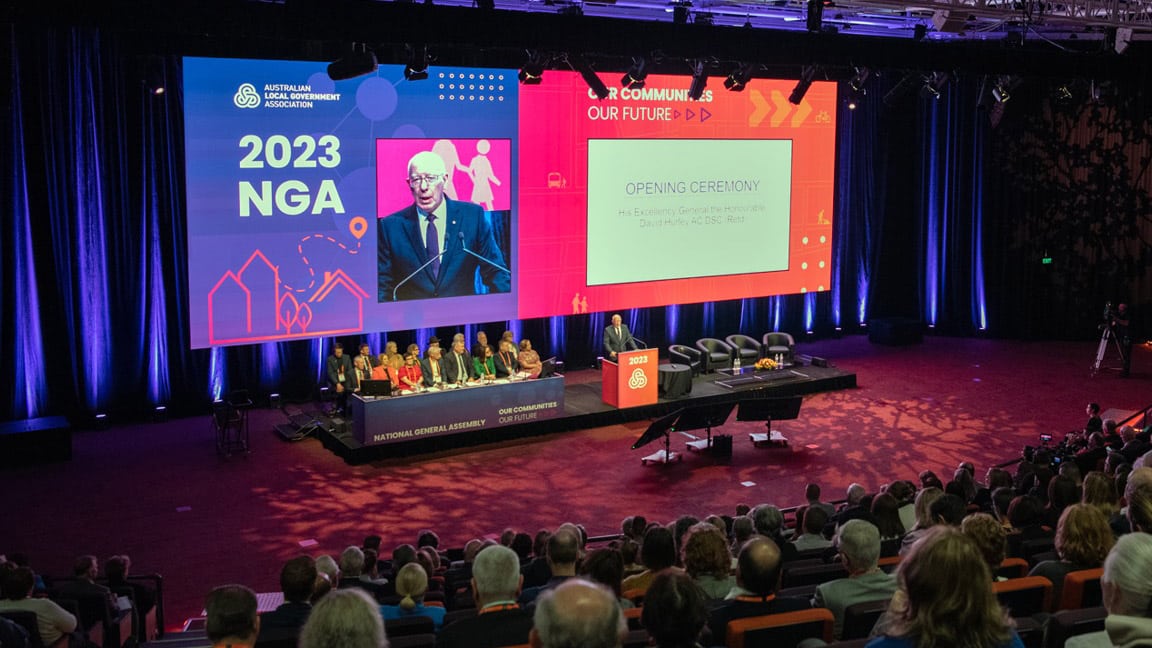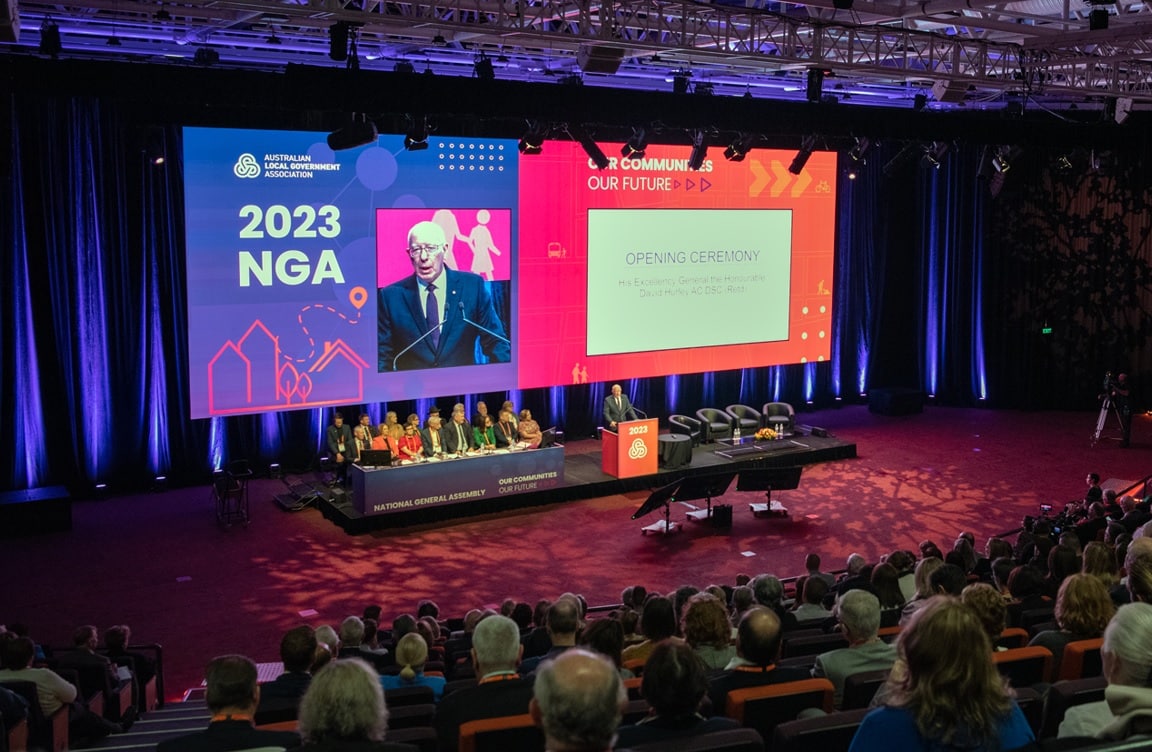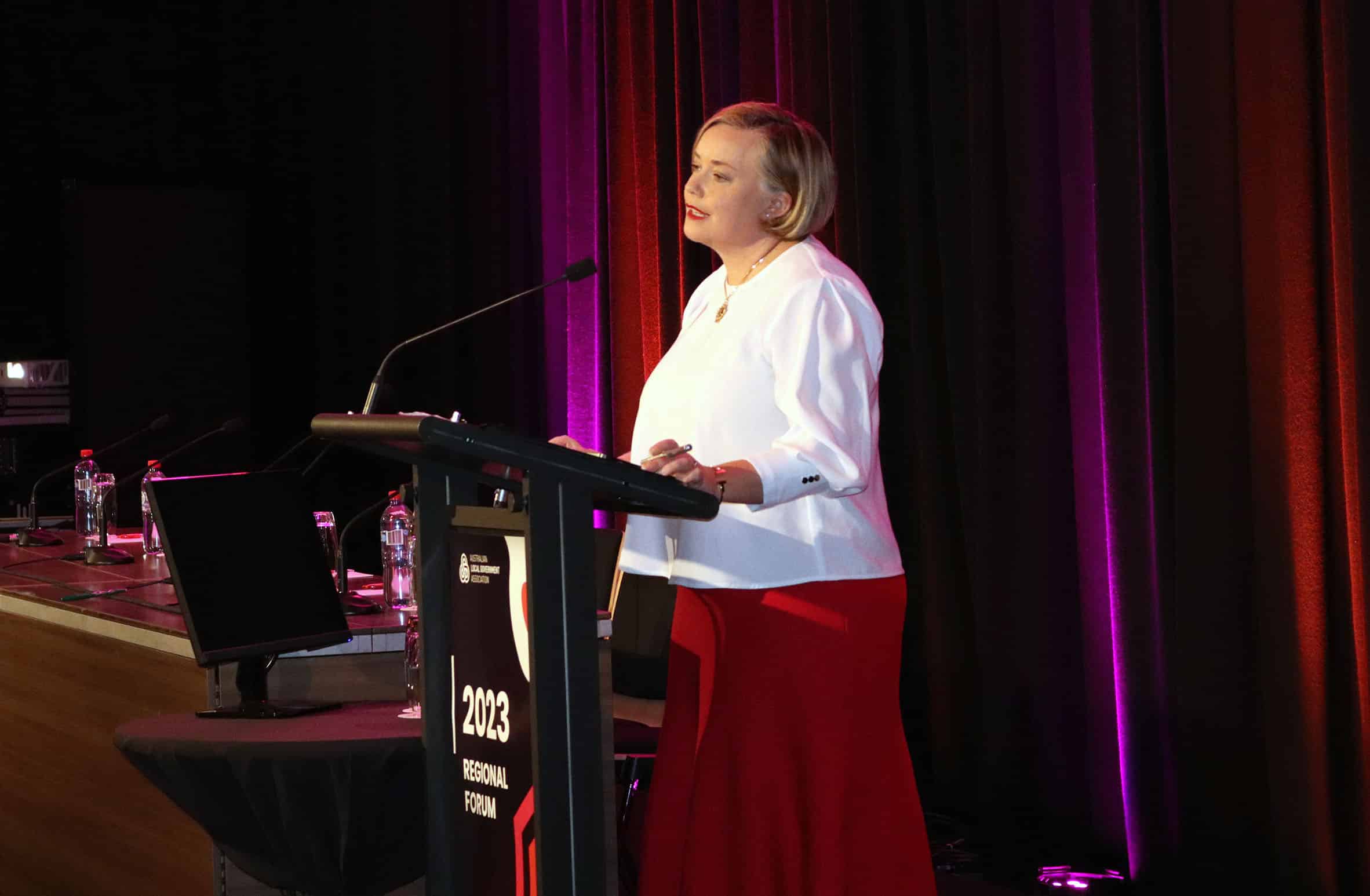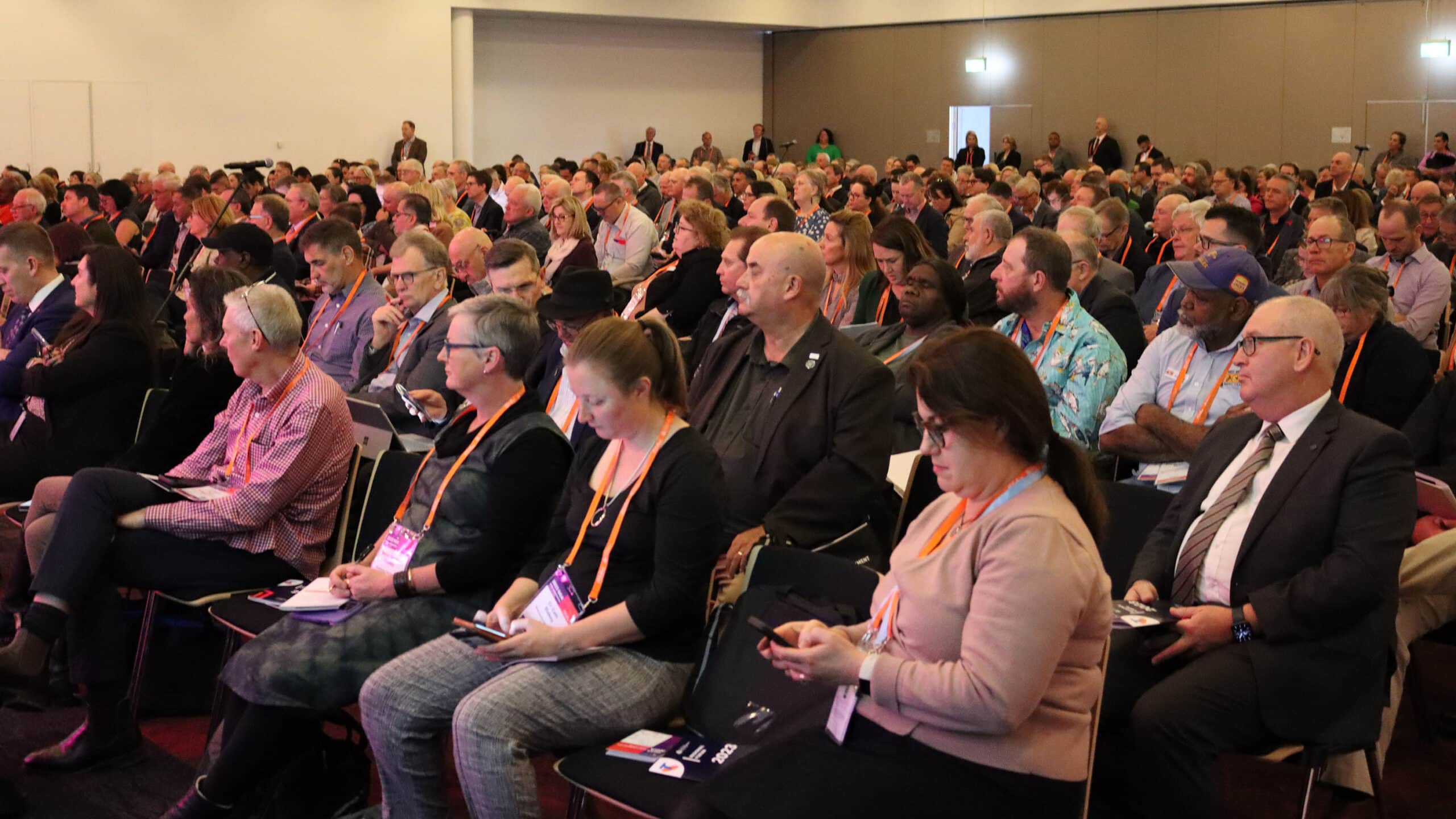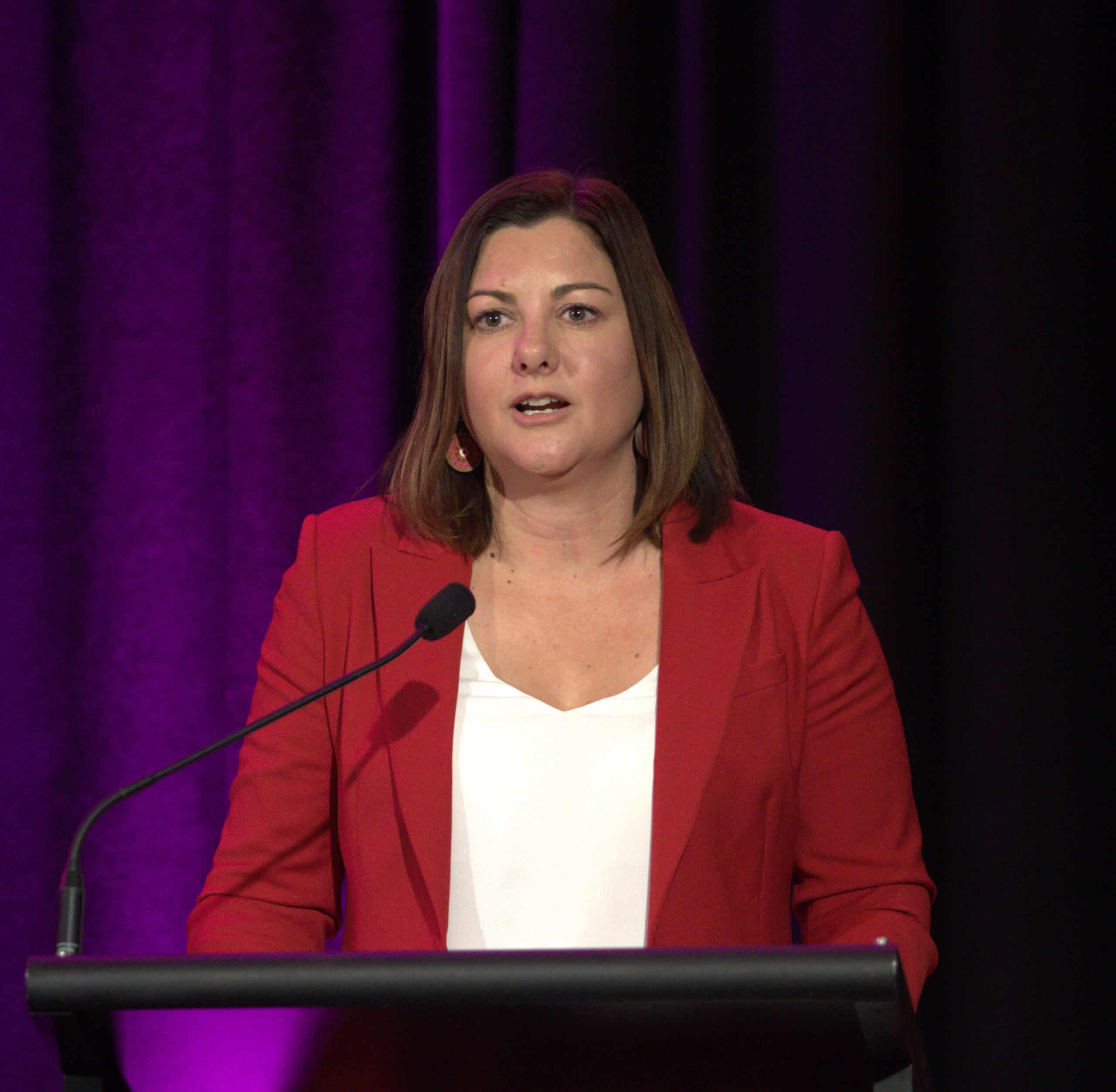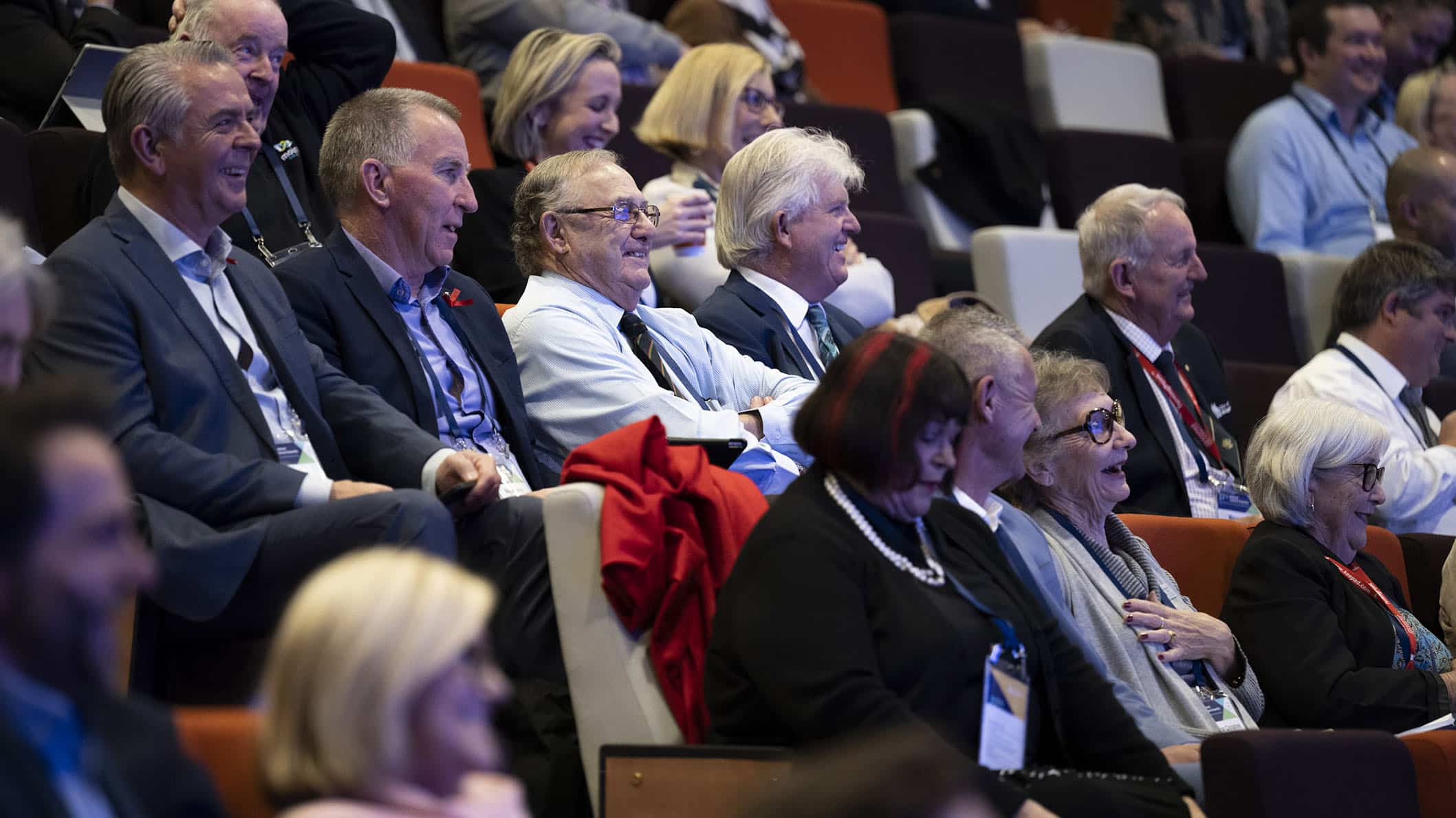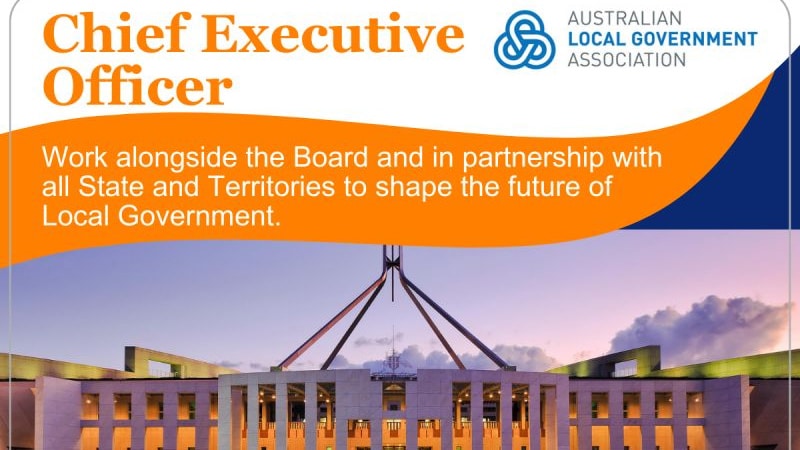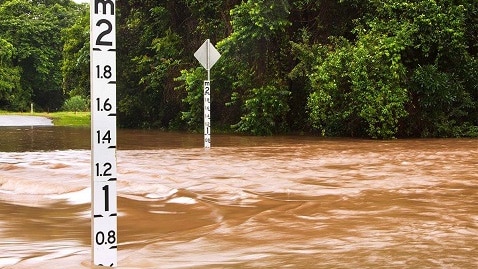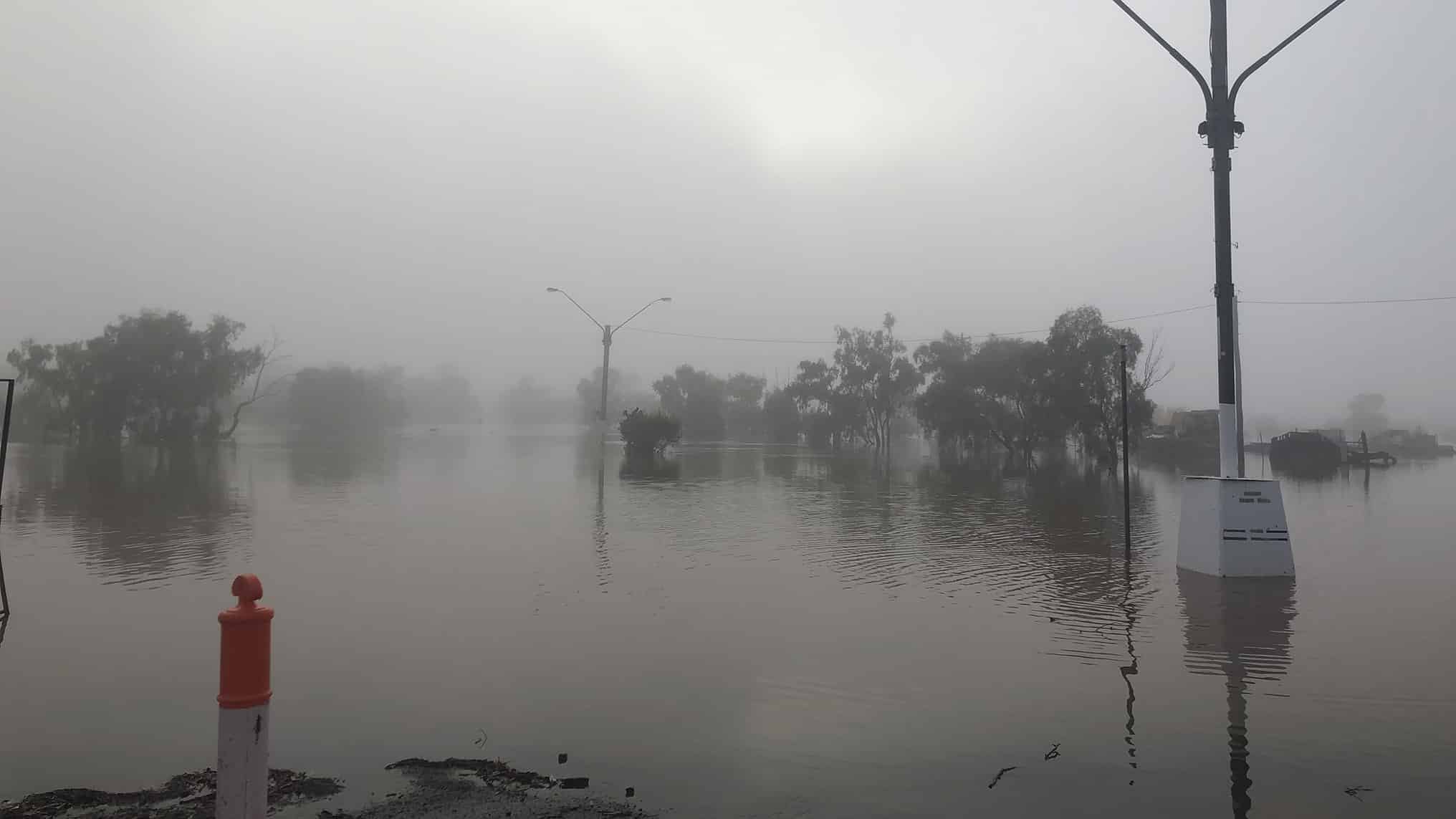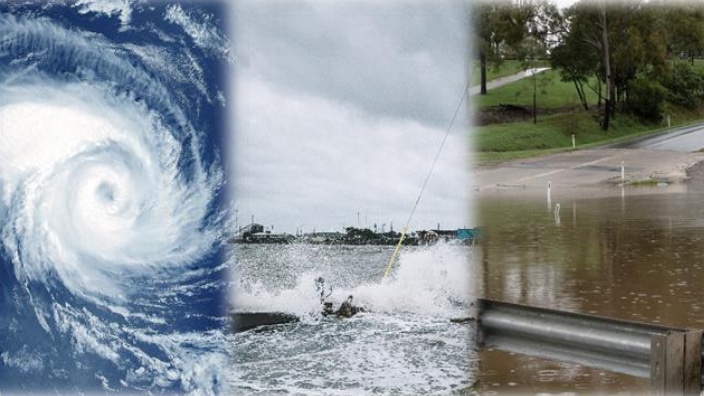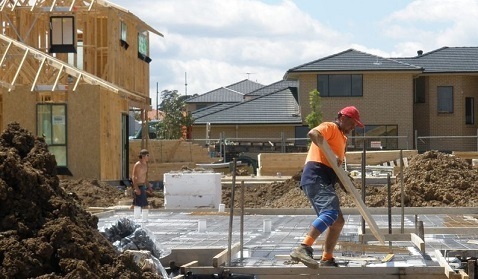JOINT MEDIA RELEASE
State governments must urgently overhaul their approach to land use planning to ensure no more homes are built without regard to risk on flood plains, organisations representing planners, builders and insurers said today.
In response to the flood emergency of recent years, the Insurance Council of Australia (ICA), Master Builders Australia (MBA) and the Planning Institute of Australia (PIA) today, supported by the Australian Local Government Association (ALGA), convened the inaugural National Industry Roundtable: Land Use Planning and Resilience.
Around 60 experts from government, financial services, property, and community joined the discussion, which called on state and territory governments when thinking about future housing challenges, to urgently rethink planning rules so no more homes are built in high-risk flood-prone locations.
A communique from the three sponsoring organisations outlining recommendations for reform has been released and will be sent to planning ministers, who also met today to discuss this issue.
The roundtable heard that all Australians are bearing the costs of worsening extreme weather events, and these costs are increasing because of historic planning decisions.
Attendees agreed that without reform, population pressures and inadequate planning laws will see further development of flood-prone land putting lives at risk, costing taxpayers billions of dollars in recovery and remediation, and adding to an already strained insurance sector.
Comment attributable to Andrew Hall, CEO Insurance Council of Australia:
The flood events of 2022, with almost 300,000 disaster-related claims costing around $7 billion, has driven up premiums and has resulted in affordability constraints for those at highest risk.
Without insurance, homeowners likely can’t access a mortgage, and that is the wrong direction for our country.
Today’s roundtable set out the actions governments must take to ensure future financial losses to homeowners, businesses and the community are avoided, and better government planning and investment is taken seriously.
Comment attributable to Denita Wawn, CEO Master Builders Australia
With a housing crisis at the forefront for many communities and a growing population, we must ensure that our planning laws are fit for the future and take an appropriate risk-management approach.
Governments are encouraged to take a balanced approach to development and resist a default of building out with alternative considerations such as building up to take the pressure off the housing system and supported with infrastructure that is more resilient and adaptable to extreme weather events.
Without fit for purpose planning laws technical building regulation will always fail. The housing industry needs clear and concise rules, that allow the industry to function and the community to have confidence.
Comment attributable to Matt Collins, CEO Planning Institute of Australia
Planning is a critical tool for influencing the level of future disaster risk, and our changing climate means we need to act now to limit the impact of extreme weather on our communities.
By adopting new risk-based policies and investing in better mapping and data, we can ensure development avoids or minimises exposure to flood hazards.
Australia’s town planners support governments taking clear action to ensure more climate-conscious planning systems, and this roundtable is an important step towards this goal.
Comment attributable to Councillor Linda Scott, President, Australia Local Government Association
Australia’s 537 councils play a vital role in building resilient communities, assisting in every corner of the nation to ensure our communities can better prepare for, respond to and recover from increasing natural disasters.
It’s crucial we rebuild damaged local infrastructure to a more resilient standard. Councils will continue to strongly advocate for ‘building back better’ to be a core value and overriding principle of joint state/federal Disaster Recovery Funding Arrangements.
On behalf of local governments, I look forward to attending the Planning Ministers’ meeting.
Posted 27 July, 2023






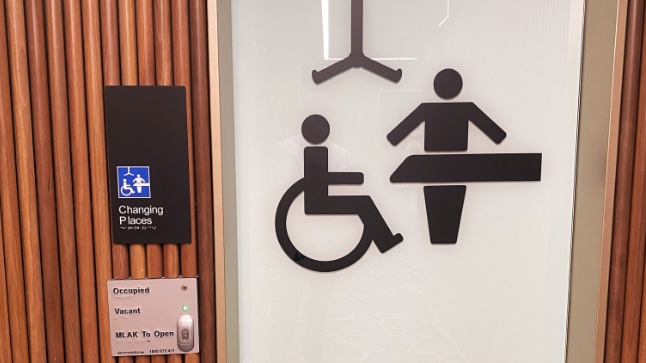
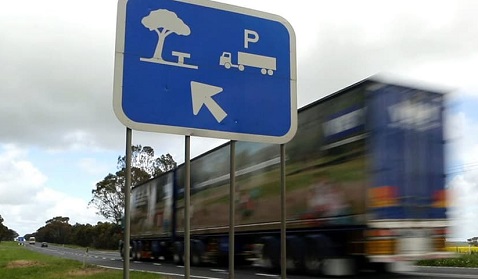
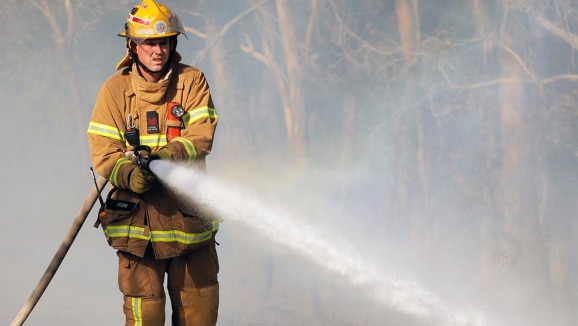



 Local government feedback is invited for the Australian Bureau of Statistics (ABS) review of topics for the 2026 Census.
Local government feedback is invited for the Australian Bureau of Statistics (ABS) review of topics for the 2026 Census.